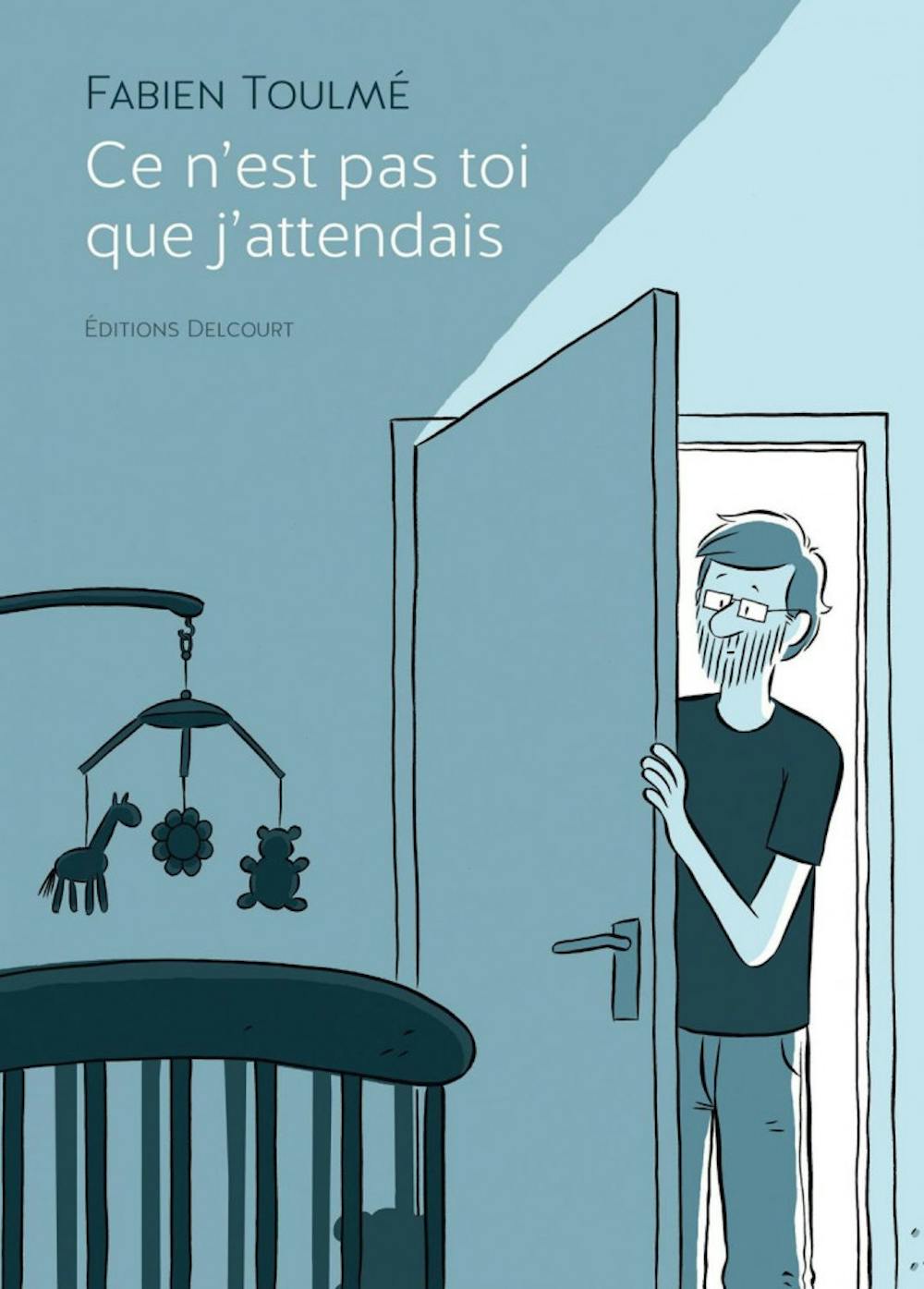Literatures and cultures librarian Katrina Spencer is liaison to the Anderson Freeman Center, the Arabic department, the French department, the Gender Sexuality & Feminist Studies (GSFS Program), the Language Schools, Linguistics and the Spanish & Portuguese departments. These affiliations are reflected in her reading choices. “While I am a very slow reader, I’m a very critical reader,” she says.
Pages: 243
The What
This memoir traces the tale of a French father who, along with his Brazilian wife, discovers that his second-born daughter, Julia, has Down syndrome. Author Toulmé does a fabulous job in exposing the raw emotions he felt upon learning of his daughter’s condition and, in the end, helps to reduce the stigma of the disorder. Toulmé’s growth and adjustment is laborious and long-coming; depressed and confused for months following Julia’s birth, he is unable to actively love and emotionally connect with Julia. For a while, he cannot convince himself that she belongs to him and he fears what the syndrome means for the autonomy he expected for her in her adulthood. Furthermore, Toulmé and his wife, Patricia, must decide how they will present their daughter to their relatives and friends outside of the nuclear family unit. Patricia’s conflict in accepting Julia is less fraught, though she is nonetheless afraid given her daughter must undergo open-heart surgery quite early in life to correct a valve that prevents Julia’s blood from being properly oxygenated. The couple ultimately succeeds in re-framing their relationship to their daughter, although the narrative suggests that they will spend the rest of their lives educating others to see their loved one as they do.
The Why
I have taken five French courses over the past 11 years and am always looking for ways to maintain the meager amount of knowledge I have of the language. While I doubt my spoken French is at all impressive, I can manage with a book, especially considering graphic novels offer a good deal of visual aid. The foreign language browsing collection on the main level of Davis Family Library (near the Faculty Authors’ Wall) is my favorite part of our holdings and I’m always looking for ways to add to it. When I first came across “Ce n’est pas toi que j’attendais,” its cover depicting a baby’s crib cast in shadows, I suspected it would be a strong addition to our collection. It is curious that this work has taught me more about Down syndrome than I knew before. It is commendable for its sensitivity and labor of love in teaching a broad audience about the impact a genetic disorder can have on a family and some of the ways the family sought support in raising a child with a health condition outside of the norm.
Rating: 4/5 cardigans
The hand-drawn illustrations must have taken an immense amount of effort to develop, given that the publication is over 200 pages long. Toulmé challenges what we think of when we distinguish graphic novels from novels; this piece is certainly a hybrid.
The author perhaps takes too much time in 50 pages, however, to establish the sense of normalcy surrounding his life before Julia is born. Some of that time is used to compare systems of medical care in Brazil and France.




